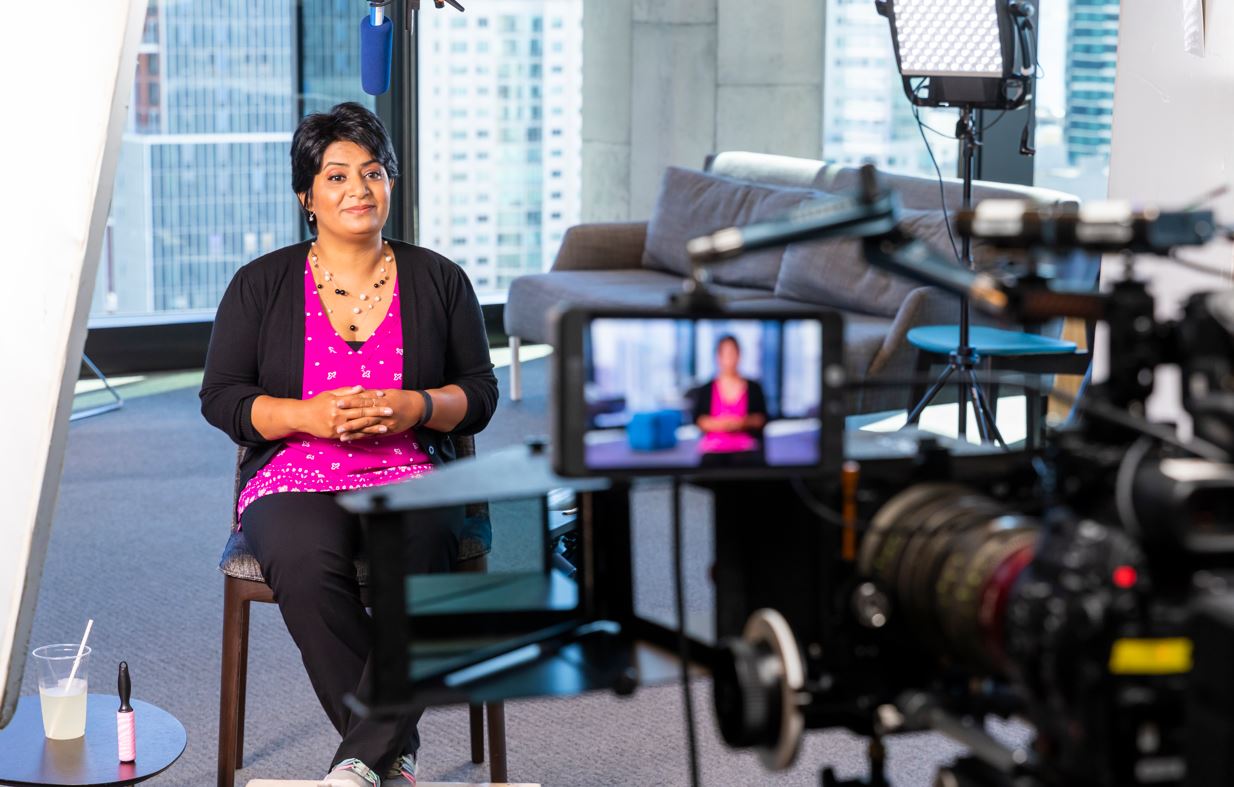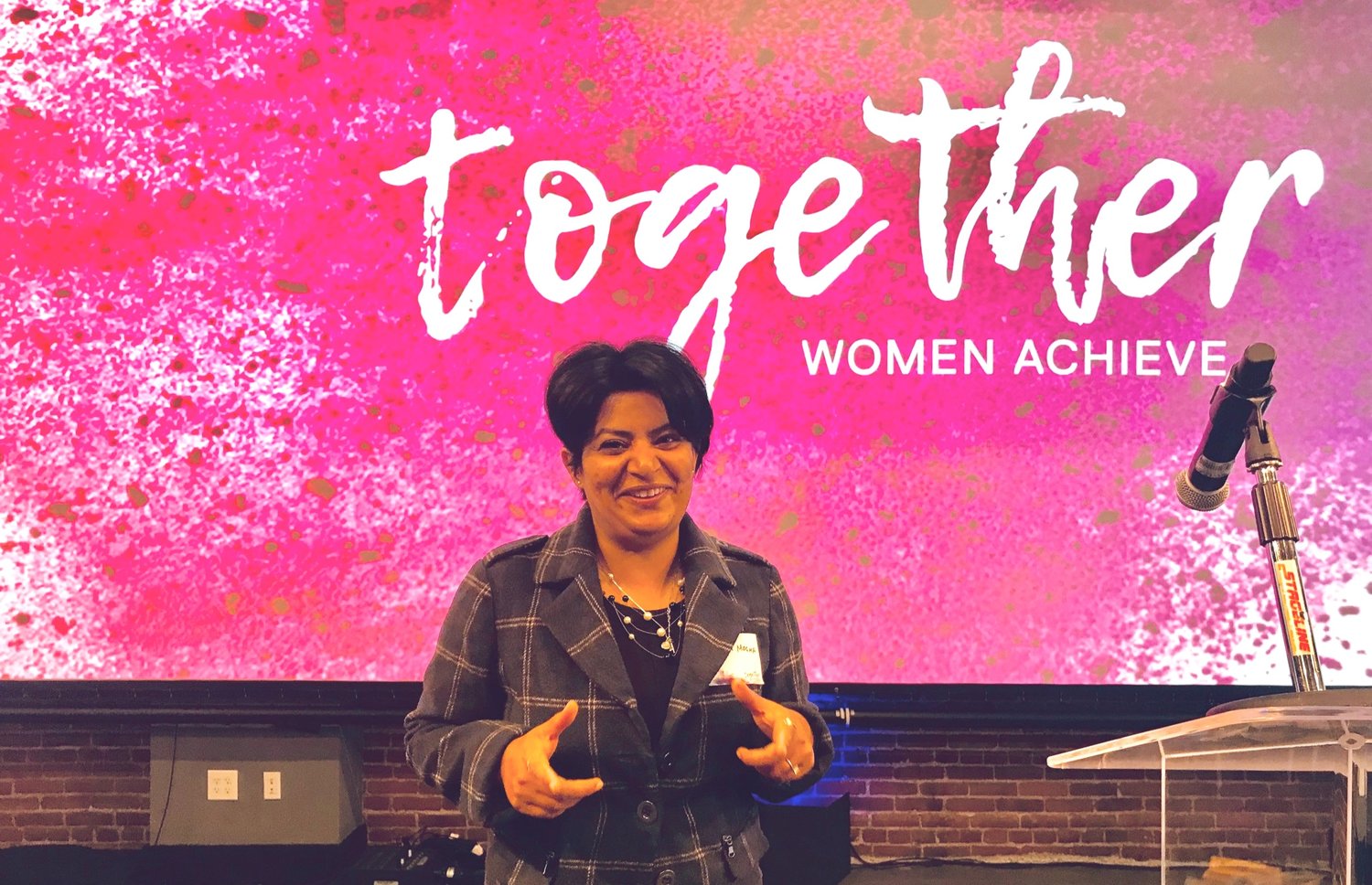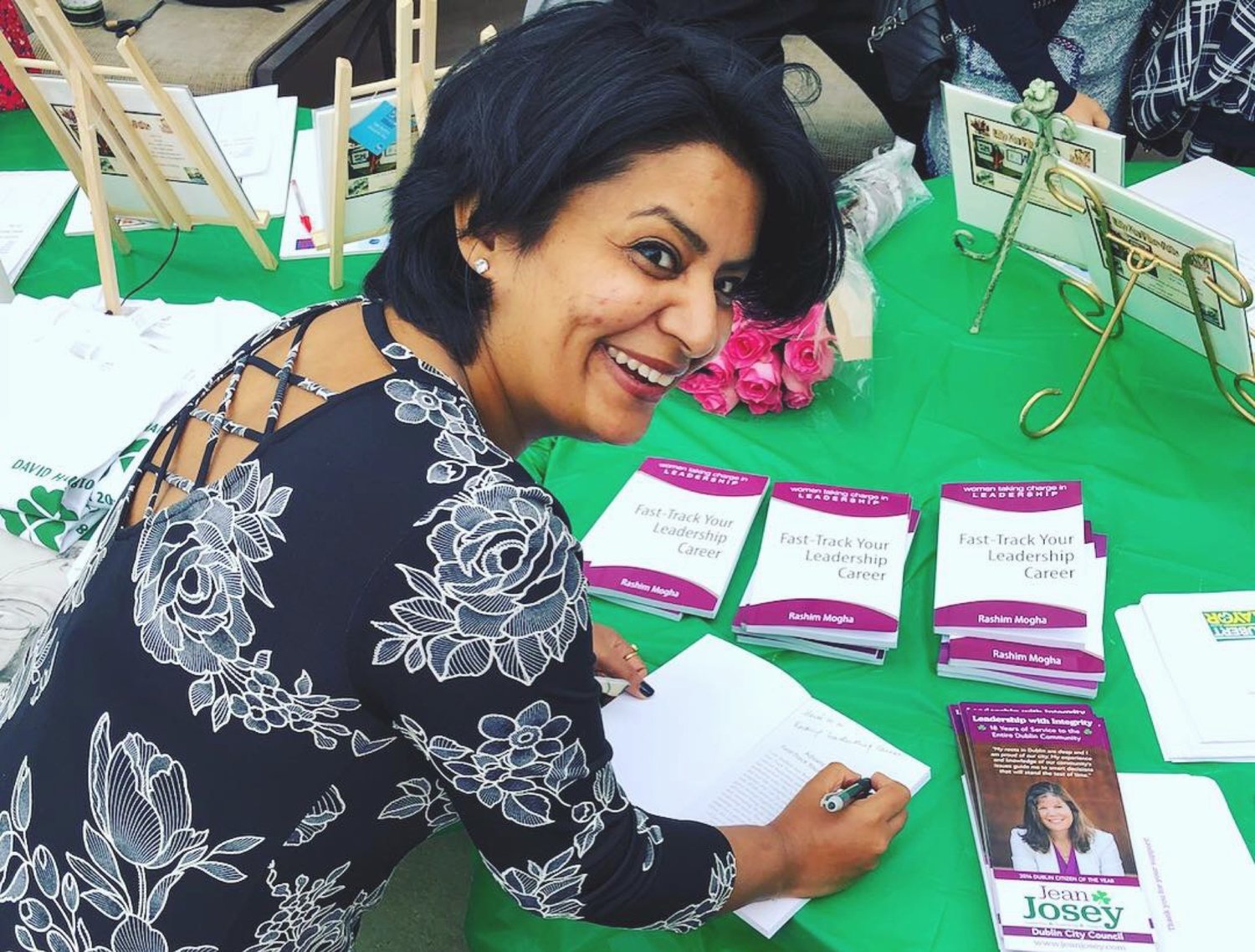GI celebrates Women’s Day with these stellar women who have charted their own path in their chosen careers, and with that have done India proud.
(March 8, 2022) Women must be empowered to pursue their own choices. Whether it is Ashwini Asokan who returned back to the country to apply AI meaningfully, Mithali Raj, captaining the women’s cricket team, Anu Sridharan, the Berkley trained social entrepreneur or Jasmeen Patheja, an artist working to end street harassments – all carved their own unique identities brilliantly serving as examples for future generations to imbibe.
Jasmeen Patheja, founder, Blank Noise
The artist, and social entrepreneur in public service hones ideas to grow positive thought and public action. Founder of Blank Noise, a growing community of action sheroes, heroes, theyroes, citizens and others, she works toward ending sexual and gender-based violence. She started Blank Noise in 2003, in response to the silence surrounding street harassment. Her goal is to mobilise communities towards the right to be defenceless and free from fear. Jasmeen received the prestigious Visible Award for socially engaged art practice and was also awarded the Jane Lombard Fellowship by the Vera List Center for Art and Politics at the New School, New York. She has been listed by BBC as one of the 12 artists changing the world in 2019. Jasmeen is a Ted speaker and Ashoka fellow.
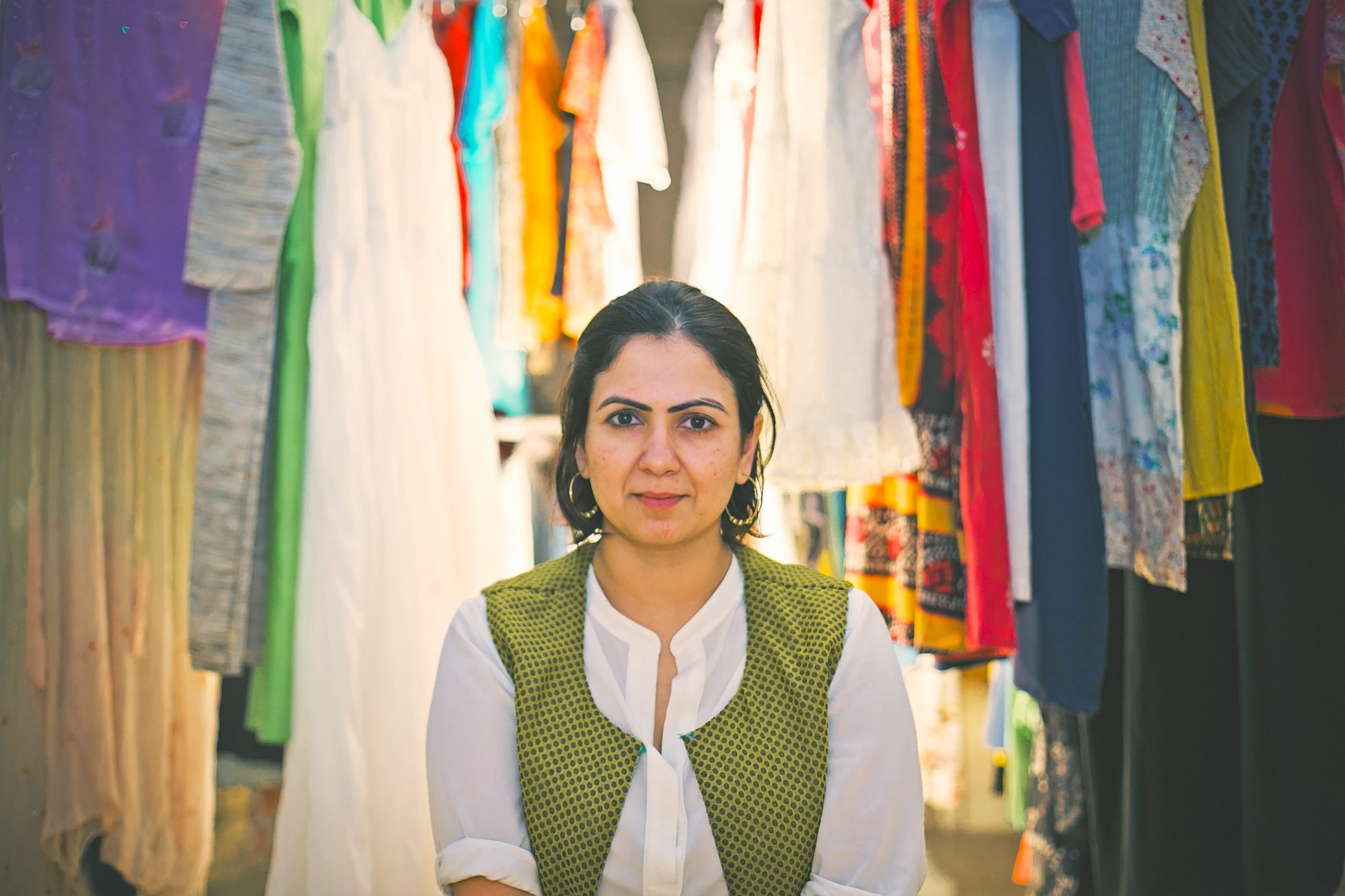
Jasmeen Patheja, founder, Blank Noise
In a conversation with Global Indian, she says, “My goal for this year is to continue designing methodologies of citizen participation, that allow citizens to feel, empathise and take agency in ending gender-based violence and victim blame. This is a societal issue and it rests on each of us to step in.”
To all women #ActionHeroes who want to live #AkeliAwaaraAzaad, free from fear, affirming #INeverAskForIt. Watch me again tonight at 7 pm on @starplus #TEDTalksIndiaNayiSoch @TEDTalks Thank you @julietrblake and legend @iamsrk for listening in w kindness, empathy ,attention. pic.twitter.com/gXsmEUmYaN
— Jasmeen Patheja (@jasmeenpatheja) January 28, 2018
A proponent of being the change she wants to see, she adds, “This is an invitation to become that action shero/action theyro/action hero; not an apathetic bystander but an empathic powerful witness.” Her agenda is to find ways to call in to unite against the shaming, policing, and blaming of survivors of gender-based violence. “When each of us intervene in our own silence, we will have the power to change a society that victim blames. This could be anywhere, be it the office cafeteria, the internet, campuses, the dinner table, the streets. #INeverAskForIt,” she concludes.
- Follow Jasmeen Patheja on Twitter
Ashwini Asokan, founder, Mad Street Den
She spent over 10 years working with Intel in the US before she decided to return home to India to launch her own AI company with her neuroscientist husband Anand Chandrasekaran. Today, her company Mad Street Den builds models of generalisable intelligence that can be deployed through meaningful applications across industries. A Carnegie Mellon alum, Ashwini and her team teach machines to see and experience the world like humans do. As a product designer and cultural researcher, Ashwini explores how AI can be applied meaningfully for people’s use across the globe. “I left Silicon Valley to come to India to start an AI company with my husband; I am a woman co-founder of an artificial intelligence company and I don’t write a single line of code. And I wear this story on my sleeve to tell everyone to back off with their stereotypes,” the 40-year-old said in an interview.

Ashwini Asokan, founder, Mad Street Den
Always vocal about how women should take charge in the world of startups, Ashwini has been working to bring gender parity in the world of AI and technology. Although a lot of women graduate in tech and are eligible for employment, their numbers dwindle over the years as they marry and have kids. This, says the entrepreneur, is largely due to the system with its lack of infrastructure and policies to support a woman and her various roles. At Mad Street Den, Ashwini has tried to ensure that her team has an equal number of men and women as she hopes for a day she will make a list for being an entrepreneur and not a woman entrepreneur.
- Follow Ashwini Asokan on Twitter
Mithali Raj, Indian women’s cricket team captain
Cricket is nothing short of a religion in India, and women’s cricket team captain Mithali Raj is aware of the mania. She became only the third cricketer and the first woman to appear in six world cups. The 39-year-old is leading the women’s cricket team to the ICC Women’s World Cup 2022 in New Zealand, and has her eyes set on the trophy.
One of the perks of being the captain is that you can photo bomb a perfectly seated group selfie and get away with it. 😬 pic.twitter.com/kXE7hYmfbL
— Mithali Raj (@M_Raj03) February 28, 2022
She was just 10 when she first picked up a bat. But at 16, she clocked in a whopping 114 in her ODI debut against Ireland, thus wowing the world with her finesse in a sport that was considered a male-oriented game. In the next few years, the Arjuna awardee set the ball rolling by leading India to the 2005 World Cup final and lifting the winner’s trophy Asia Cup. The Jodhpur-born Tamilian is the not just the highest run-scorer in women’s international cricket but the only female cricketer to surpass the 7,000 run mark in women’s ODI matches.

Mithali Raj, Indian women’s cricket team captain
Raj has been an inspiration to millions of girls in India to follow their dreams and not give up. “Women in sport are powerful catalysts of change and when they get the appreciation they deserve, it inspires change in several other women wanting to achieve their dreams. I sincerely hope that my journey inspires young girls across the country to pursue their dreams and know that only when you dream can you make it happen,” the Dhyan Chand Khel Ratna awardee wrote on Twitter. After 22 stellar years in cricket, she now wants to fulfil the dream of holding the “elusive” World Cup trophy before she hangs up her boots.
Follow Mithali Raj on Twitter
Anu Sridharan, founder, NextDrop
Anu Sridharan was 23-years-old when she co-founded NextDrop. The year was 2011 and Anu wanted to “rid the world of its water problems.” The company started work in Hubli-Dharwad, Karnataka with a simple model – SMS alerts that provide real-time information on local water supply. Then a student at Berkley University, NextDrop began as a college project, where their pilot project won a prize from the Knight Foundation. In 2012, Anu was listed in the Forbes (USA) 30 Social Entrepreneurs Under 30 for her work with NextDrop. Four years later, she featured in the same category in Forbes Asia. She has been a TED Unilever speaker and was part of the 2017 Y Combinator Batch.

Anu Sridharan, founder, NextDrop
Currently, the head of marketing and development at CSEI, ATREE, in Bengaluru, much has changed for Anu, especially on the personal front. She is now mother to a toddler and life, she says, is different in ways she couldn’t have imagined. “Through work, I have often been in situations where I have been one of the only women. It gave me a different perspective and also helped me understand that what I brought to the table was unique.” Having a baby has drastically changed her view of things, “Now, I realise that going to a meeting after 7 pm is very hard, we can’t be in meetings that clash with dinner time or bath time. Yes, it sounds like a small thing but it’s very real to us. We’re not conscious enough of women with children and simple provisions can make it so much easier for a woman to be in a workplace.”
My Pregnancy Is Revealing My Very Large Unconscious Gender Biases https://t.co/FMZPtAJMC0
— Anu Sridharan (@anusridharan) June 22, 2021
How does she navigate the situation? “I simply ask for what I want,” she smiles. “There’s no point in feeling bad about asking for what we need, let’s embrace it instead. And I have found that people are very accommodating, it’s just that we don’t always realise or understand what another person needs.”
- Follow Anu Sridharan on Twitter



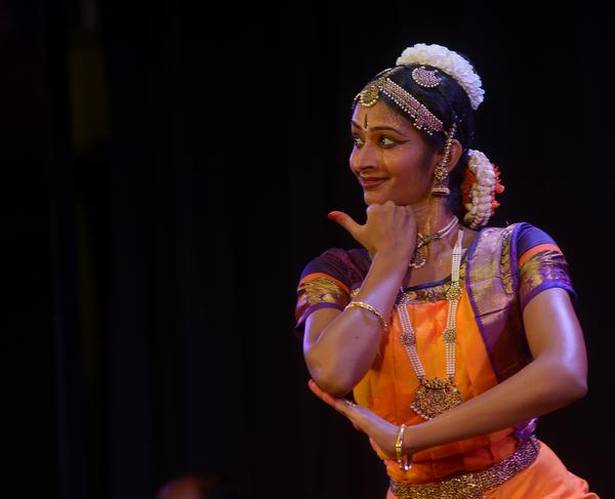 Shriya Srinivasan during a dance performance Photo Courtesy: The Hindu[/caption]
Shriya Srinivasan during a dance performance Photo Courtesy: The Hindu[/caption]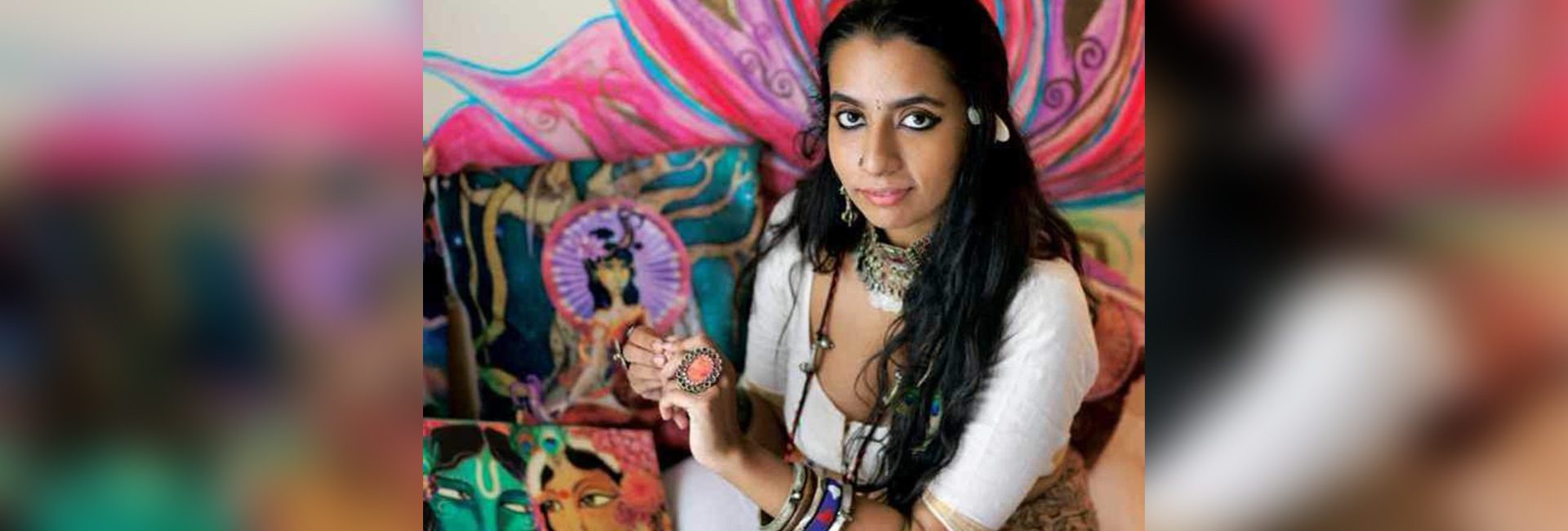
 Temple, by Shilo Shiv Suleman. Photo:
Temple, by Shilo Shiv Suleman. Photo: 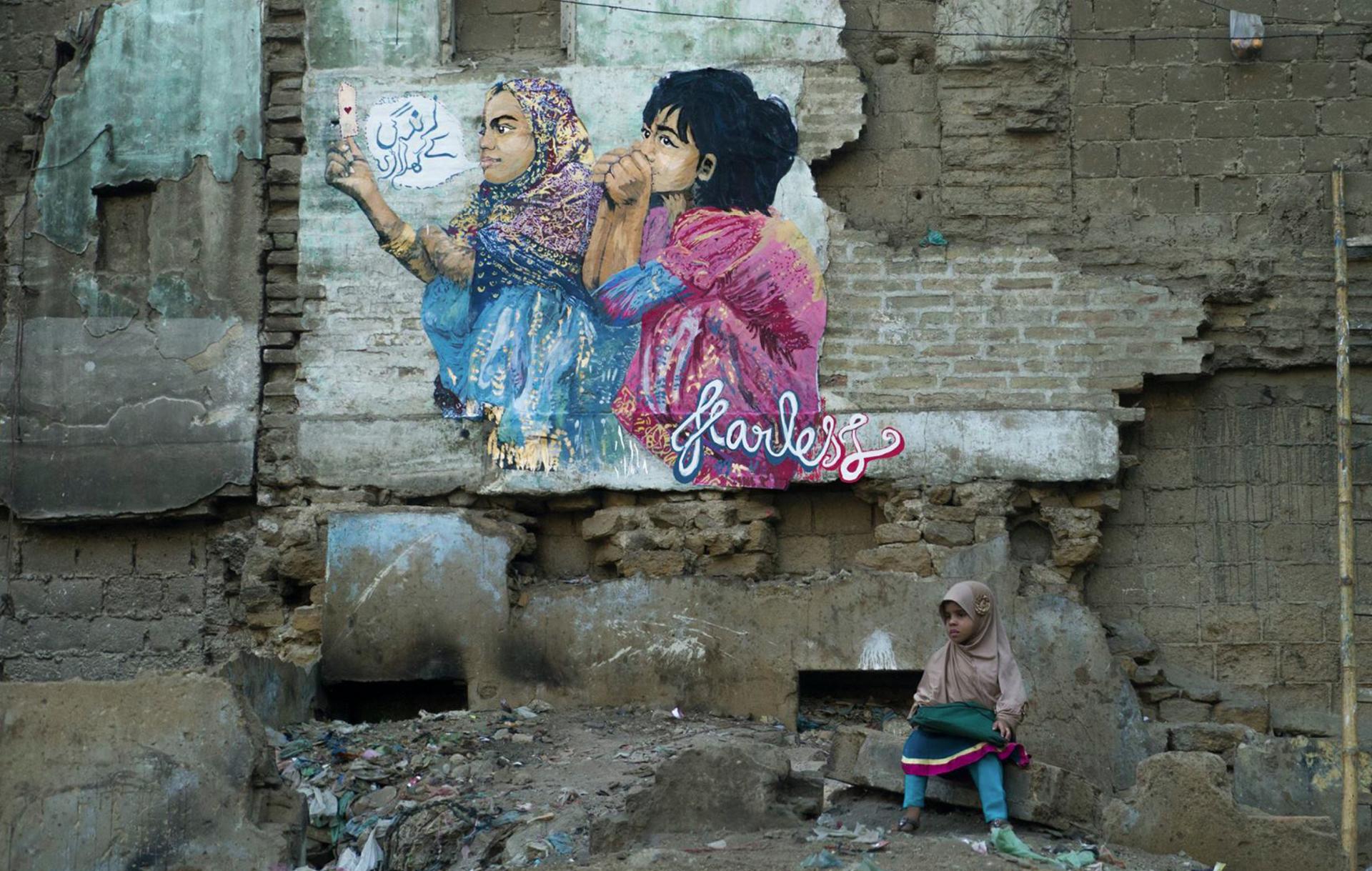 The Fearless Collective in Karachi. Photo:
The Fearless Collective in Karachi. Photo:  Grove, from Burning Man 2016, at Black Rock Desert, Nevada. Photo:
Grove, from Burning Man 2016, at Black Rock Desert, Nevada. Photo: 
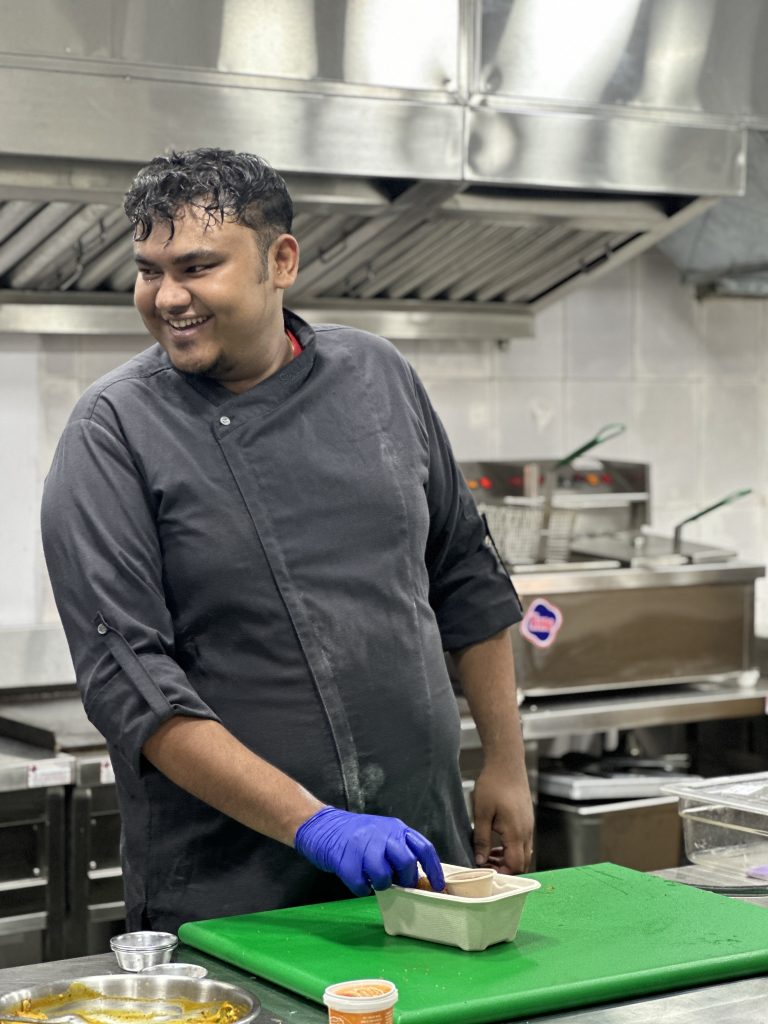 Shoubham Garg, founder, Miracolo Hospitality[/caption]
Shoubham Garg, founder, Miracolo Hospitality[/caption]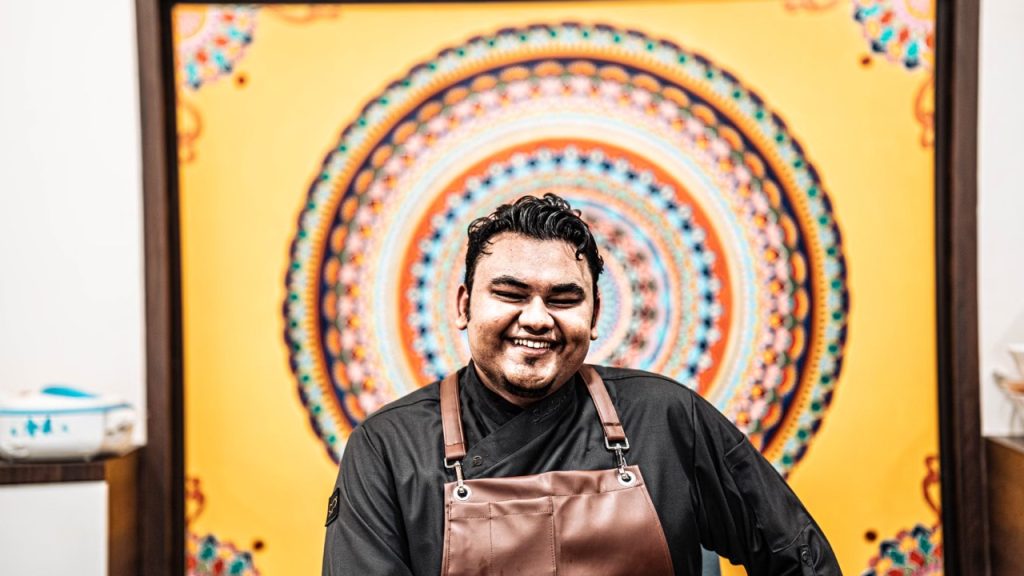
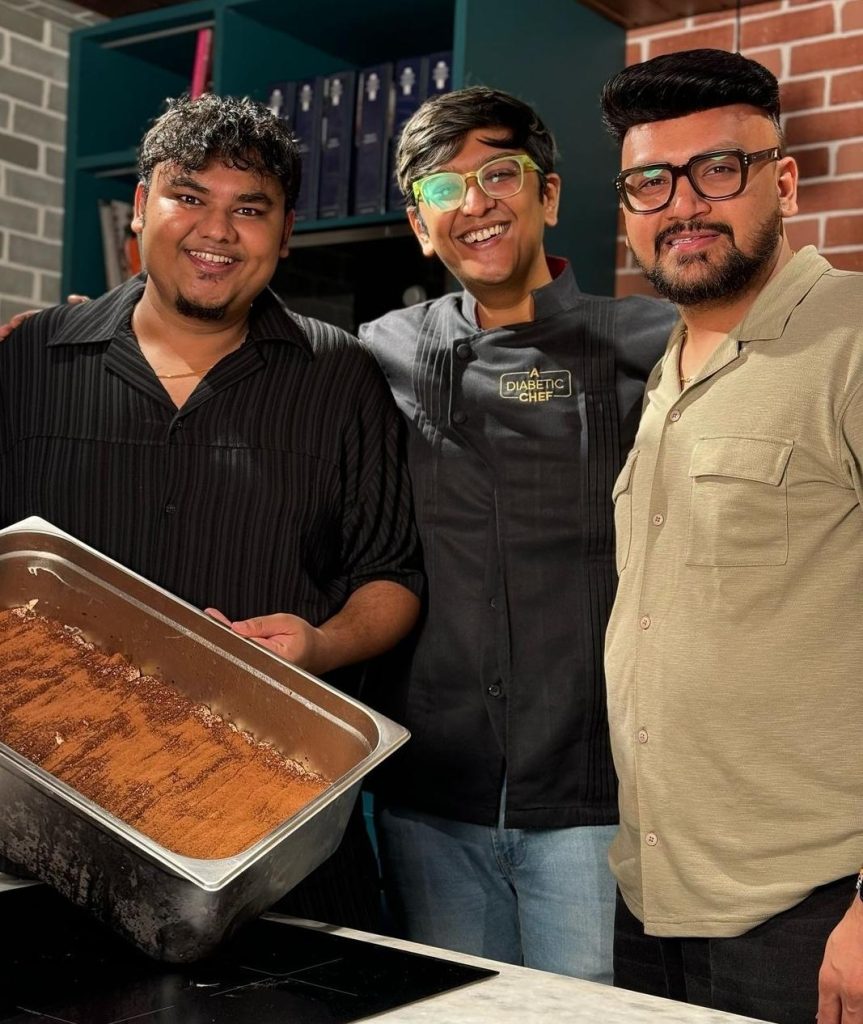

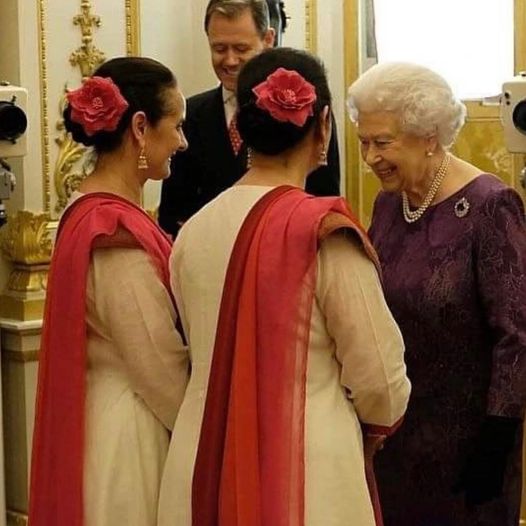 The Singh Twins with late queen Elizabeth II[/caption]
The Singh Twins with late queen Elizabeth II[/caption]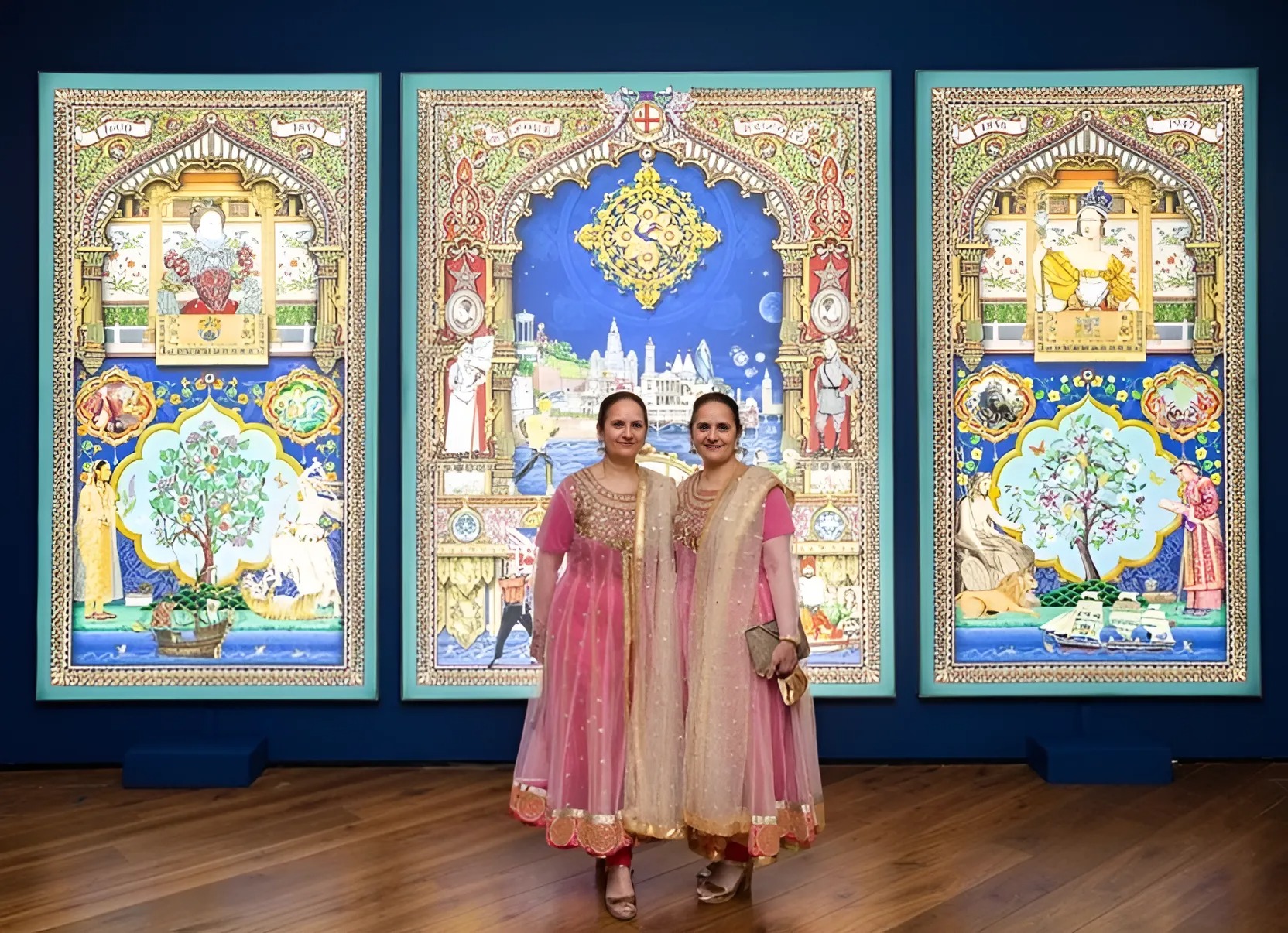 The Singh Twins during one of the exhibitions of their work[/caption]
The Singh Twins during one of the exhibitions of their work[/caption]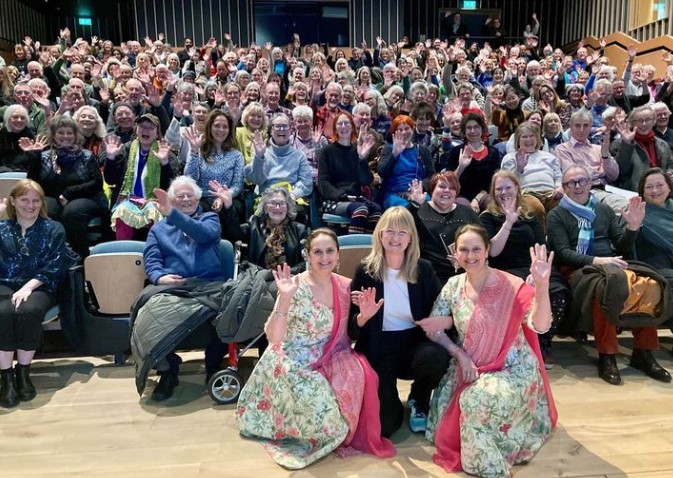 The Singh Twins at a packed house event at Norwich Castle Museum and Art Gallery[/caption]
The Singh Twins at a packed house event at Norwich Castle Museum and Art Gallery[/caption]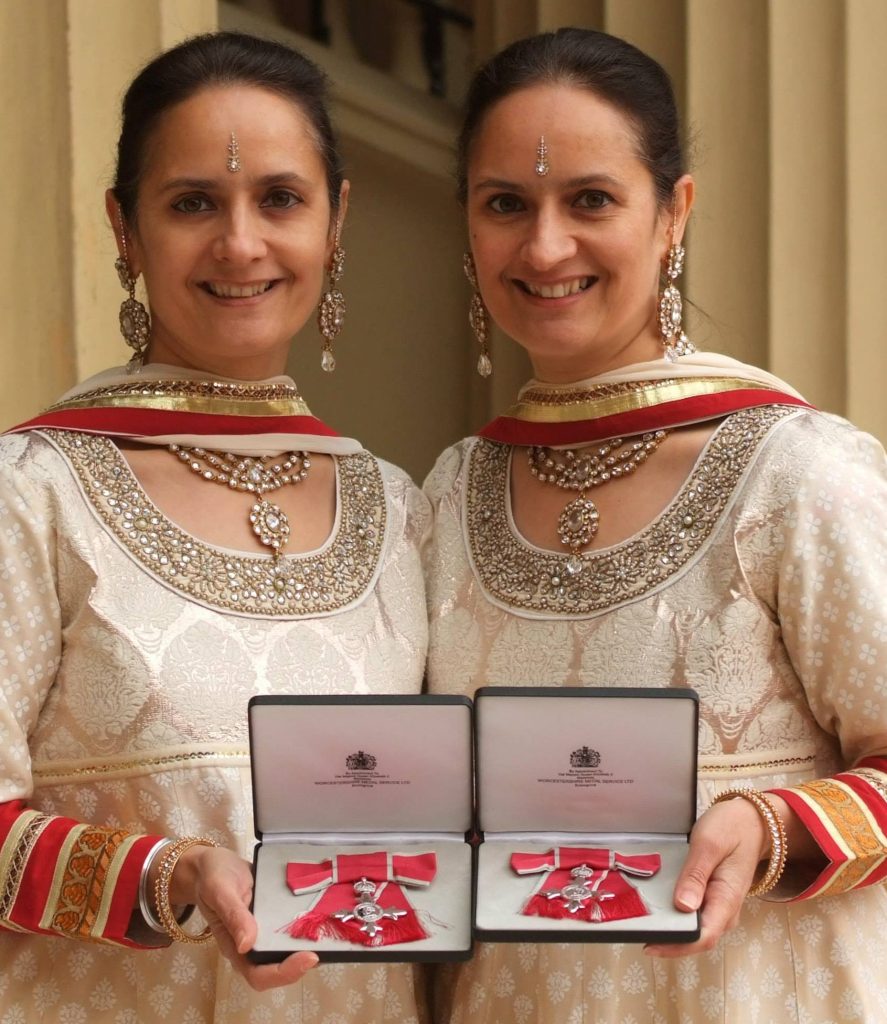 The Singh Twins with their MBE Medals[/caption]
The Singh Twins with their MBE Medals[/caption]
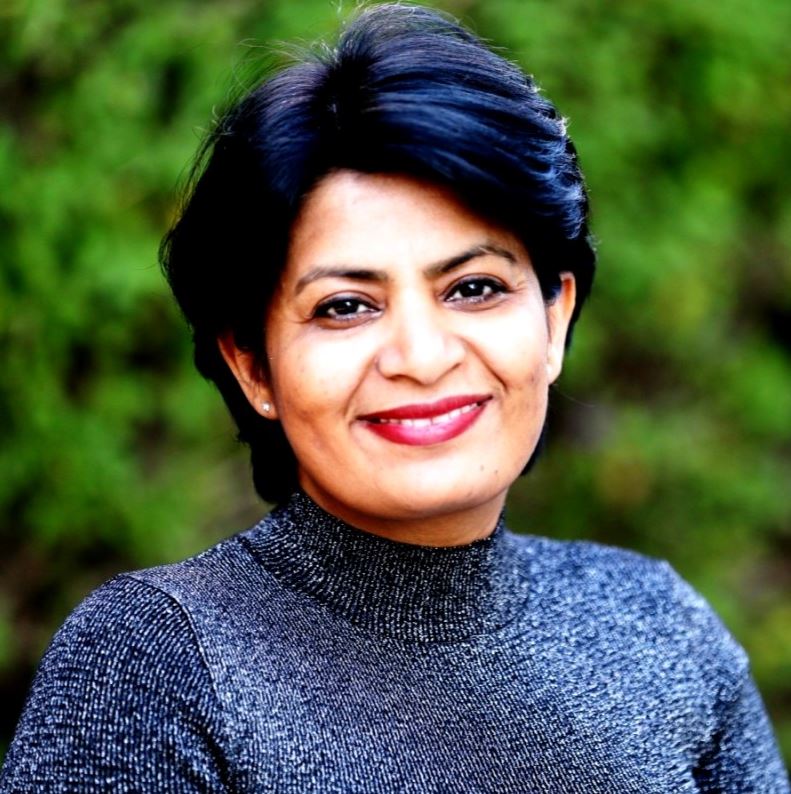 Rashim Mogha[/caption]
Rashim Mogha[/caption]